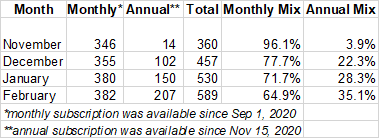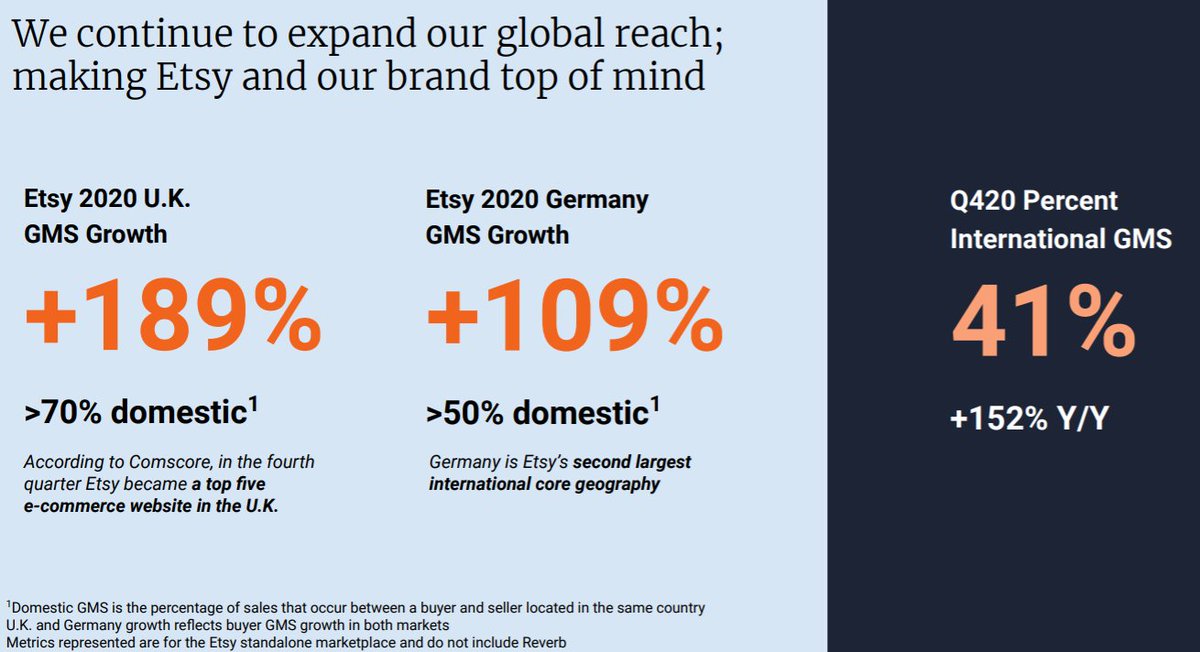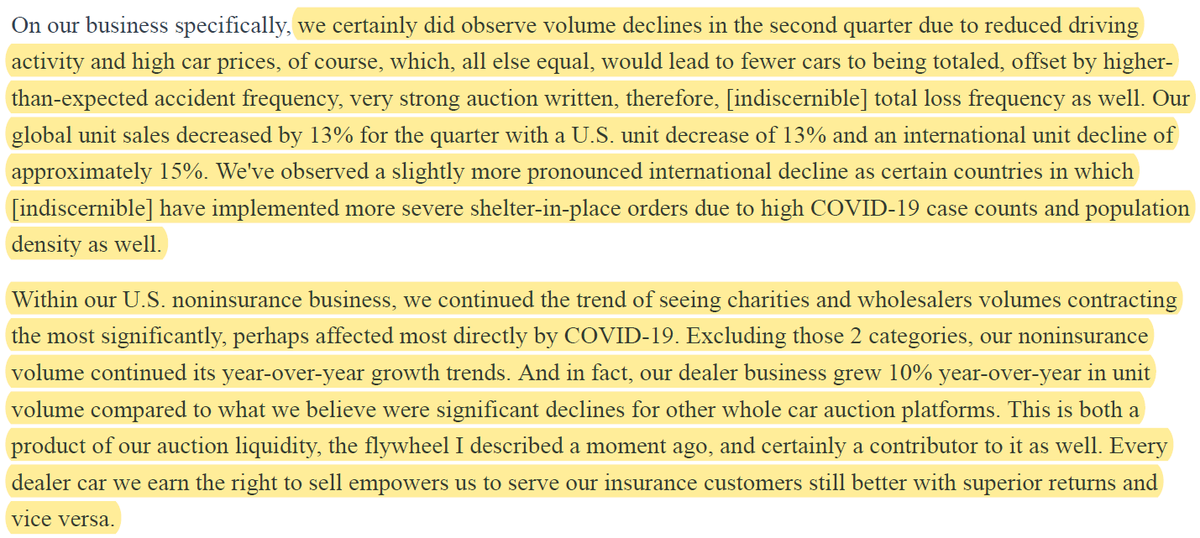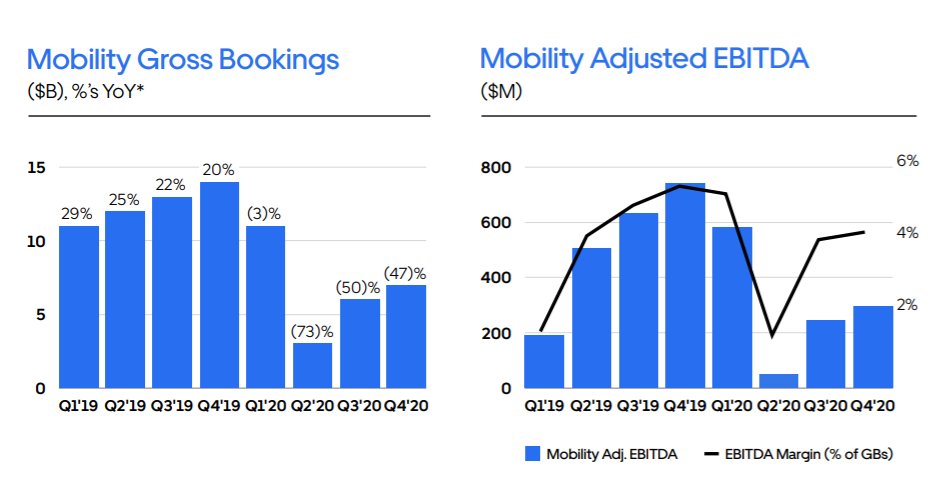
1/ Read the image attached here. It's about how Costco was consistently criticized by Wall Street analysts 15 years ago because they took "too much care" of the employees.
h/t @IntrinsicInv
h/t @IntrinsicInv

2/ So what happened in the last 15 years? Costco was one of the few retailers in America that wasn't beaten to death in the age of Amazon.
It was almost 15x in the last 15 years.
It was almost 15x in the last 15 years.
3/ While capitalism does create tension among different stakeholders (shareholders, customers, employees, regulators etc), in many cases what is good for broader stakeholders is usually good for shareholders too.
4/ There is an interesting story that I read about Bezos meeting Jim Sinegal, the founder of Costco, in 2001.
They met at a Starbucks as Bezos wanted to explore whether Costco could become wholesale suppliers for Amazon for the products Amazon wasn’t selling yet.
They met at a Starbucks as Bezos wanted to explore whether Costco could become wholesale suppliers for Amazon for the products Amazon wasn’t selling yet.
5/ But once they met, this encounter became a philosophy class when Sinegal explained his retail philosophy to Bezos.
Most of you probably read Costco thread 10 times on fintwit, so will keep it short.
Costco buys from suppliers in bulk and mark up just 14% across the board.
Most of you probably read Costco thread 10 times on fintwit, so will keep it short.
Costco buys from suppliers in bulk and mark up just 14% across the board.
6/ $COST could potentially charge a lot more, but this not only keeps things simple for COST but every time customers visit the store, they can see things are really cheap.
Going to COST is not unlike any retailer, for many it's probably a pilgrimage to quench shopping crave
Going to COST is not unlike any retailer, for many it's probably a pilgrimage to quench shopping crave
7/ And Costco primarily makes money from the annual membership fees which is just one-time pain for the customer, but the pain is relieved each time they visit the store.
8/ Remember this was just after the tech bubble, and Amazon just barely survived. $AMZN was, in fact, lucky to survive as they raised debt just before the bubble popped.
That raise helped them navigate the difficult periods following the tech bubble.
That raise helped them navigate the difficult periods following the tech bubble.
9/ Bezos was thinking about raising prices to make things more sustainable going forward.
After meeting Sinegal, Bezos realized he got it wrong.
He ended up decreasing prices in many categories by 20-30% and cemented his philosophy by the following sentence:
After meeting Sinegal, Bezos realized he got it wrong.
He ended up decreasing prices in many categories by 20-30% and cemented his philosophy by the following sentence:
10/ "There are two kinds of retailers: there are folks who work to figure how to charge more, and there are companies that work to figure how to charge less, and we are going to be the second, full-stop."
End/ Never ever underestimate the value of meeting really smart people. If the smart people also turn out to be successful, find an excuse to meet them and ask them what they think made them successful.
• • •
Missing some Tweet in this thread? You can try to
force a refresh

















